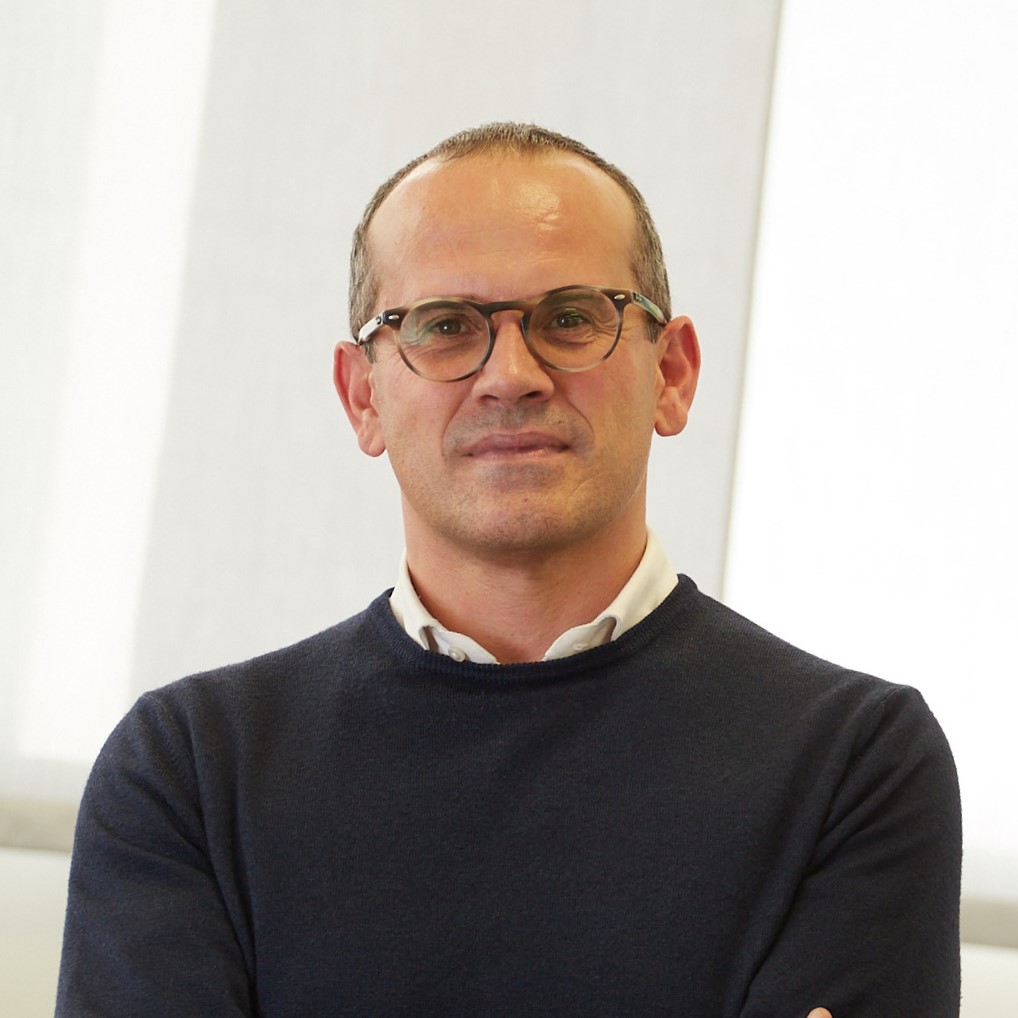
Curriculum Vitae
Scopus ID: 7005322173
Prof. Agostini earned his degree in Biological Sciences and a PhD in Oncologic and Surgical Sciences from the University of Padua, Italy.
His thesis research focused on genetic and molecular characterization of cancer, with a concentration on the genetic pathways underlying the progression and outcome of colon cancer as well as drug delivery system modulation. As a Post-Doctoral fellow, he studied the molecular basis of hereditary colorectal cancer syndromes, the multidisciplinary treatment of colorectal rectal cancer, and the genetics and oncology of gastrointestinal tumors. After moving to the Netherlands in 2005 for a Post-Doctoral fellowship in the Dept. of Pathology at the Josephine Nefkens Institute in the Erasmus University Medical Center, Prof. Agostini was appointed Assistant Professor in the Dept. of Oncology and Surgical Sciences at the University of Padua, in 2006, where he conceived the groundwork for two major projects: the discovery of new molecular markers for the non-invasive early detection of cancer and the identification of the roles of molecular markers in pathologic tumor responses and rectal cancer patient outcome after receiving preoperative chemoradiotherapy. Since then, Prof. Agostini has been leading these projects in collaboration with other investigators from multiple institutions. These collaborations have established strong translational research relationships within the community of molecular and oncology medicine, which support the ongoing clinical translation of research innovations. Most recently, Prof. Agostini’s research activity is focused on the application of nanotechnology and decellularization techniques to the field of molecular biology, proteomics and 3D culture model in relation to cancer research.
His aims are to respectively improve cancer detection and predict patient’s response to chemotherapy, by identifying specific cancer biomarkers.
Grant: from 2012 a total budget of 2.523.000,00 euros of which 1.863.000,00 euros as Coordinator and/or Principal Investigator.
Official h-index and publications: 33 (according to Scopus). He has published 136 articles in peer reviewed scientific journals.
Prof. Agostini earned his degree in Biological Sciences and a PhD in Oncologic and Surgical Sciences from the University of Padua, Italy.
His thesis research focused on genetic and molecular characterization of cancer, with a concentration on the genetic pathways underlying the progression and outcome of colon cancer as well as drug delivery system modulation. As a Post-Doctoral fellow, he studied the molecular basis of hereditary colorectal cancer syndromes, the multidisciplinary treatment of colorectal rectal cancer, and the genetics and oncology of gastrointestinal tumors. After moving to the Netherlands in 2005 for a Post-Doctoral fellowship in the Dept. of Pathology at the Josephine Nefkens Institute in the Erasmus University Medical Center, Prof. Agostini was appointed Assistant Professor in the Dept. of Oncology and Surgical Sciences at the University of Padua, in 2006, where he conceived the groundwork for two major projects: the discovery of new molecular markers for the non-invasive early detection of cancer and the identification of the roles of molecular markers in pathologic tumor responses and rectal cancer patient outcome after receiving preoperative chemoradiotherapy. Since then, Prof. Agostini has been leading these projects in collaboration with other investigators from multiple institutions. These collaborations have established strong translational research relationships within the community of molecular and oncology medicine, which support the ongoing clinical translation of research innovations. Most recently, Prof. Agostini’s research activity is focused on the application of nanotechnology and decellularization techniques to the field of molecular biology, proteomics and 3D culture model in relation to cancer research.
His aims are to respectively improve cancer detection and predict patient’s response to chemotherapy, by identifying specific cancer biomarkers.
Grant: from 2012 a total budget of 2.523.000,00 euros of which 1.863.000,00 euros as Coordinator and/or Principal Investigator.
Official h-index and publications: 33 (according to Scopus). He has published 136 articles in peer reviewed scientific journals.
